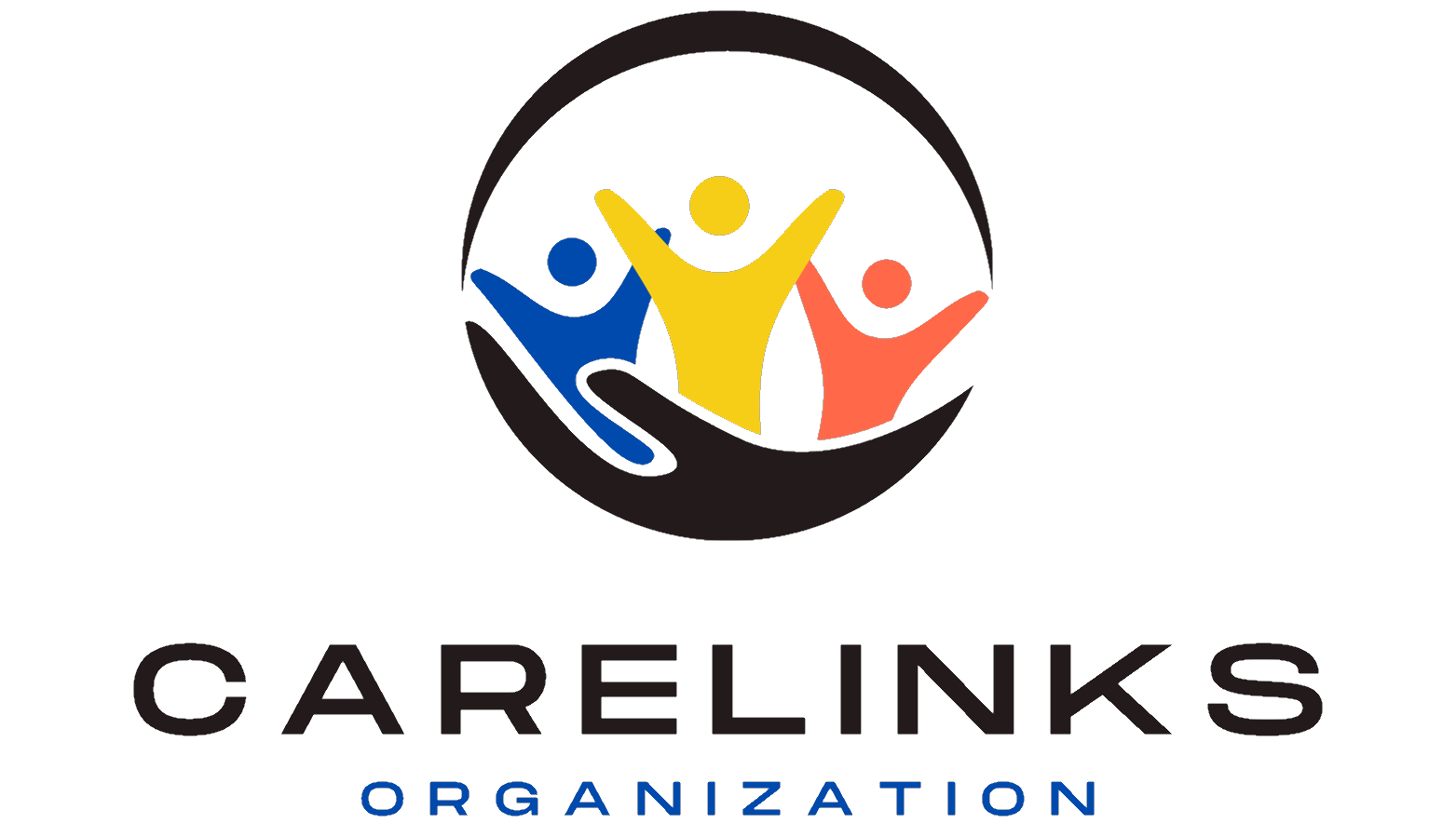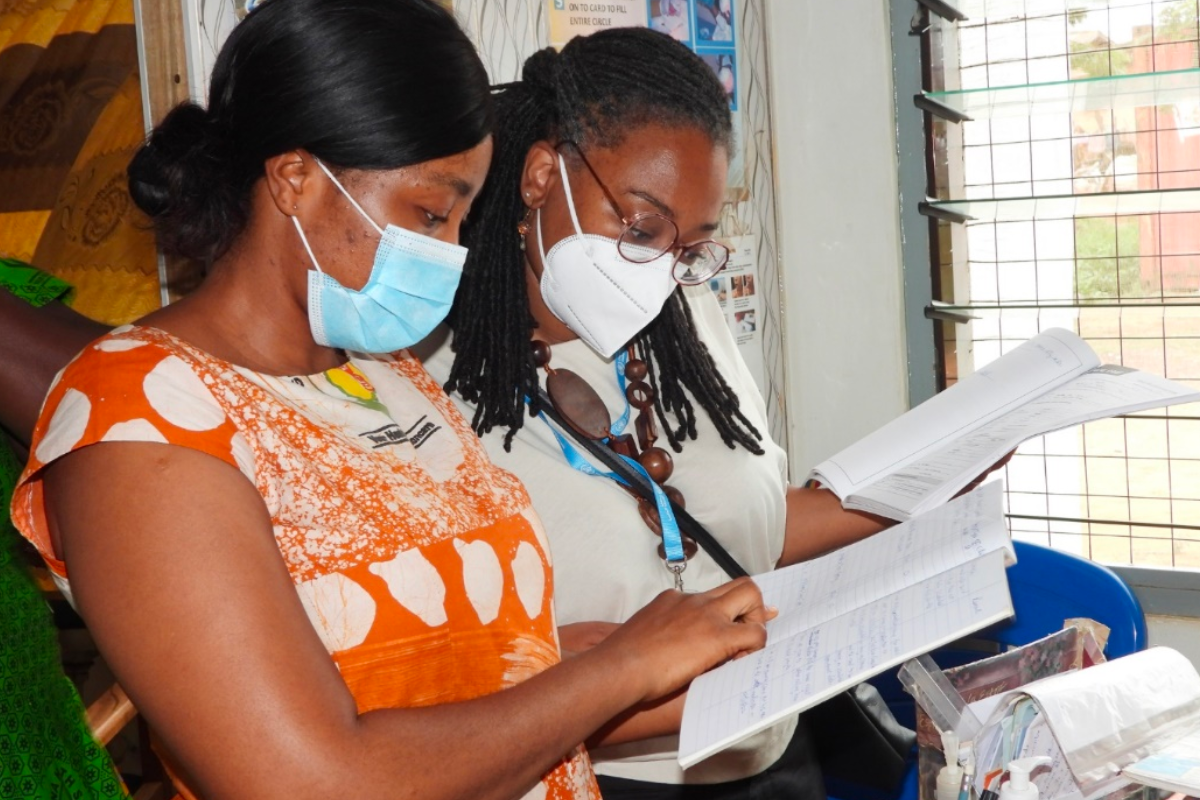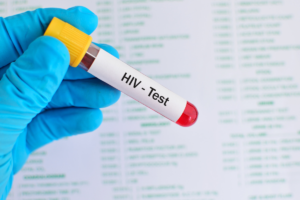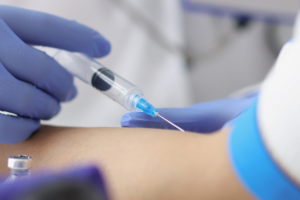Partnerships strengthen differentiated service delivery for HIV testing
It was exciting to watch Pokua (1) and her husband on the dance floor at their marriage ceremony last year. Pokua was born with HIV, started antiretroviral therapy (ART) at 4 years of age, and has since lived a healthy life. This was in part possible due to Ghana’s adoption of the WHO recommended “treat all” approach that supported accessible, person-centred HIV services for people with HIV. Because Pokua is adherent to her ART and is virally suppressed, she has been able to benefit from a new multi-month dispensing approach. Her antiretroviral medicines are available in sets of 3 months, resulting in fewer trips to the clinic for her and reduced workload for clinic employees. Today Pokua is confident about her health because her virus is suppressed and she understands that she cannot transmit HIV to her partner. And now with the Differentiated Service Delivery (DSD) approach she spends less time at the clinic.
In Ghana, a new focus on DSD for people with HIV aims at adapting health services in person-centred ways without overburdening the health system. While the Ghana HIV programme has made progress in reaching more people, large treatment gaps remain; nationwide some 40% of people with HIV have not started lifesaving ART indicating a need to improve linkage from testing service to treatment service. Nevertheless for the majority people on treatment (79%) their virus is suppressed, indicating programme strength in supporting adherence to ART.
In 2019, in collaboration with WHO, the Global Fund to Fight AIDS, Tuberculosis and Malaria (the Global Fund) introduced the Differentiated Service Delivery Strategic Initiative (DSD SI), which made technical assistance for rapid scale-up of DSD approaches available in Ghana and 9 other countries. The Initiative was designed to accelerate the adoption of WHO-recommended DSD approaches within Global Fund supported programmes.
WHO coordinated country level dialogues that engaged governments as well as implementing and civil society partners in the development of DSD technical assistance workplans. In Ghana, 3 technical assistance providers were selected to support the initiative:
- JHPIEGO to support utilization of HIV programme data to drive informed policy decision making and development of a toolkit including updated DSD guidelines, training and communication materials and a DSD scale-up plan;
- SH:24 to support the development of an internet-based platform for the distribution of HIVST and pre-exposure prophylaxis (PrEP) with focus on key populations (2); and
- EQUIP Health Ghana to provide site level capacity building of health care workers for DSD using a quality improvement (QI) approach.
Ghana’s HIV programme leads the DSD SI implementation, ensuring it supports national objectives and that investment is complimentary to existing programming. Working at 3 levels (country office, regional office and headquarters), WHO coordinates the DSD SI, ensuring technical assistance providers promote WHO guidance and are aligned with the priorities of the national programme.



